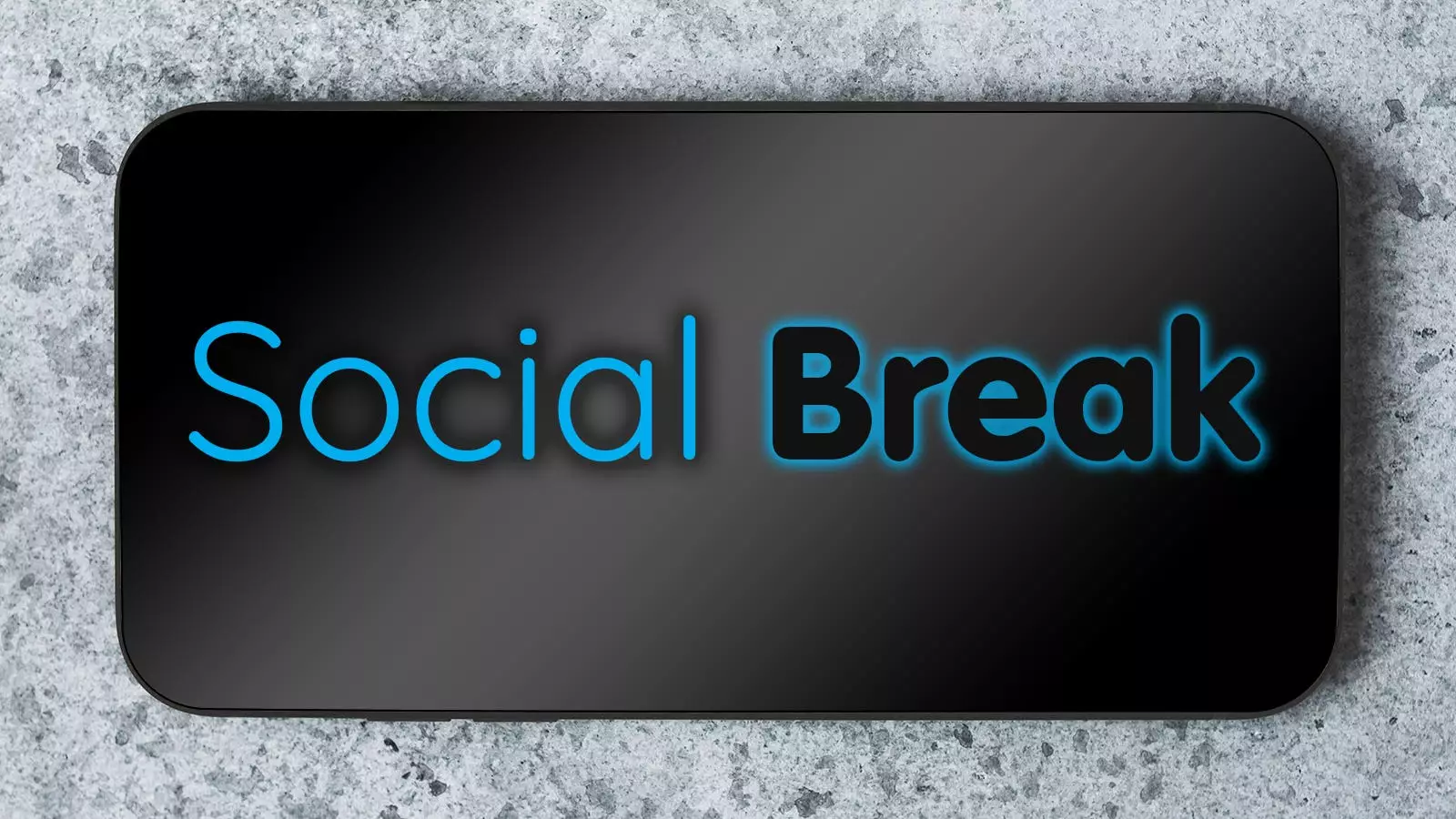In the age where social media plays a significant role in our lives, healthcare professionals are utilizing platforms such as X, TikTok, Instagram, Facebook, and LinkedIn to advocate for various causes and educate the public. One such example is cardiothoracic ICU nurse Alexis Smith, also known as Miss Kansas 2024, who went viral for speaking out against unhealthy relationships and addressing her alleged abuser on the pageant stage. This highlights the power of social media in raising awareness and promoting positive change.
A troubling incident involving a urologist who claimed he “didn’t study female urology” brought attention to the issue of medical misogyny in the field. Dr. Rachel Rubin emphasized the importance of addressing such discriminatory practices within healthcare. By advocating for gender equality and inclusivity in medical education and practice, we can work towards a more equitable and respectful healthcare system.
When a faulty software update caused disruptions in Microsoft systems globally, Dr. Glaucomflecken reminded his audience of the importance of traditional paper records. This incident serves as a valuable lesson on the potential risks of over-reliance on technology in healthcare settings. It underscores the need for backup systems and preparedness for unforeseen disruptions.
The recent news of President Biden endorsing Vice President Kamala Harris to succeed him on the Democratic ticket prompted medical student Joel Bervell to share his own encounter with Harris. This highlights the intersection of politics and healthcare, illustrating how personal experiences can shape one’s perspective on leadership and advocacy.
Medical professionals such as plastic surgeon @doctoryoun and ob/gyn @pagingdrfran are using social media to provide recommendations for skin care regimens and reassure patients in high-risk situations. It is crucial for healthcare providers to leverage their expertise to educate the public and combat misinformation. Additionally, toxicologist Ryan Marino debunked myths surrounding dermal absorption and fentanyl, emphasizing the importance of evidence-based information in healthcare.
Advocacy and education are integral components of the medical field. By utilizing social media platforms, addressing systemic issues like medical misogyny, learning from technological failures, sharing personal experiences, and providing expert recommendations, healthcare professionals can make a positive impact on patient care and public health. It is essential for all individuals in the healthcare industry to continue advocating for change and fostering a culture of learning and growth.


Leave a Reply